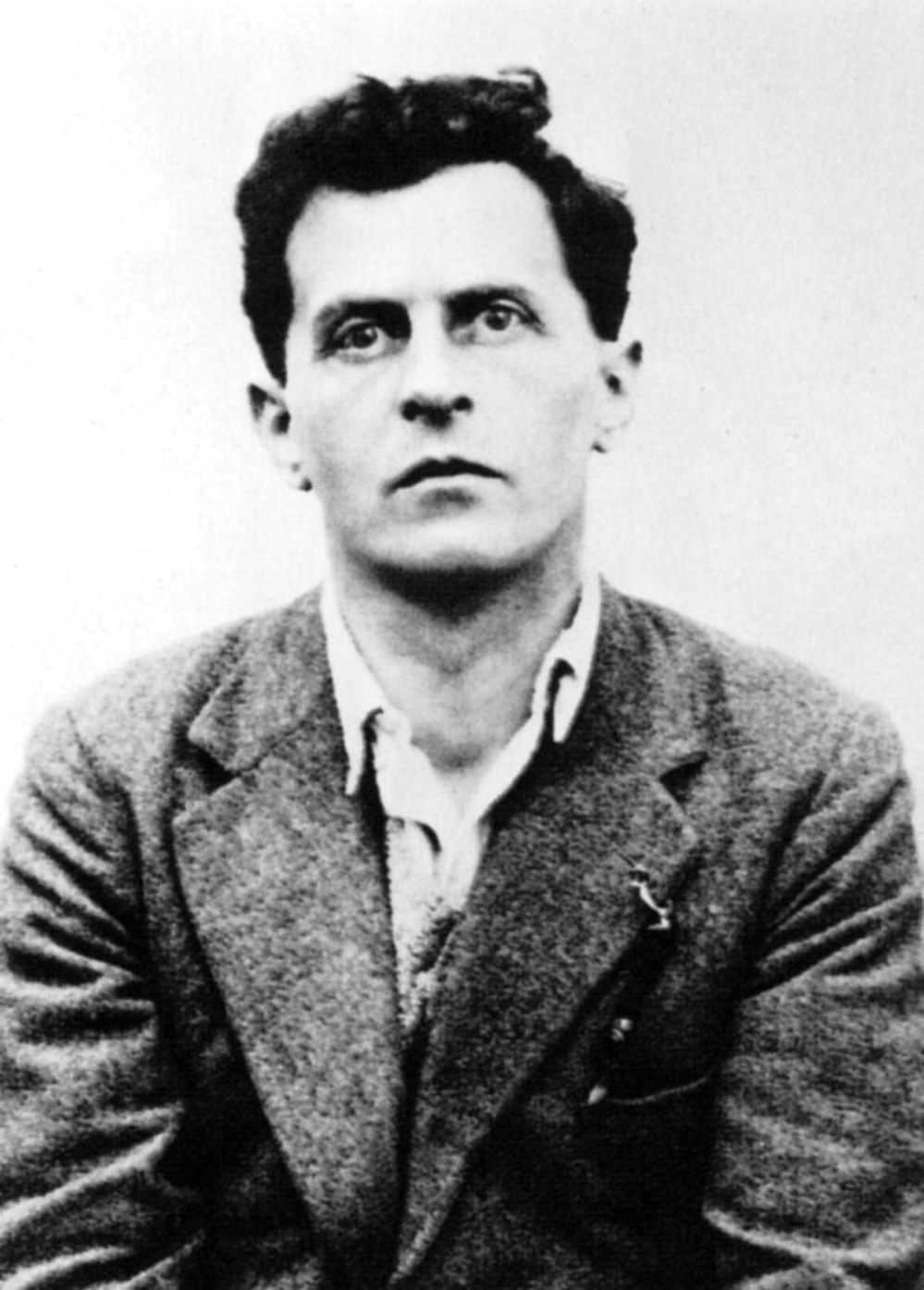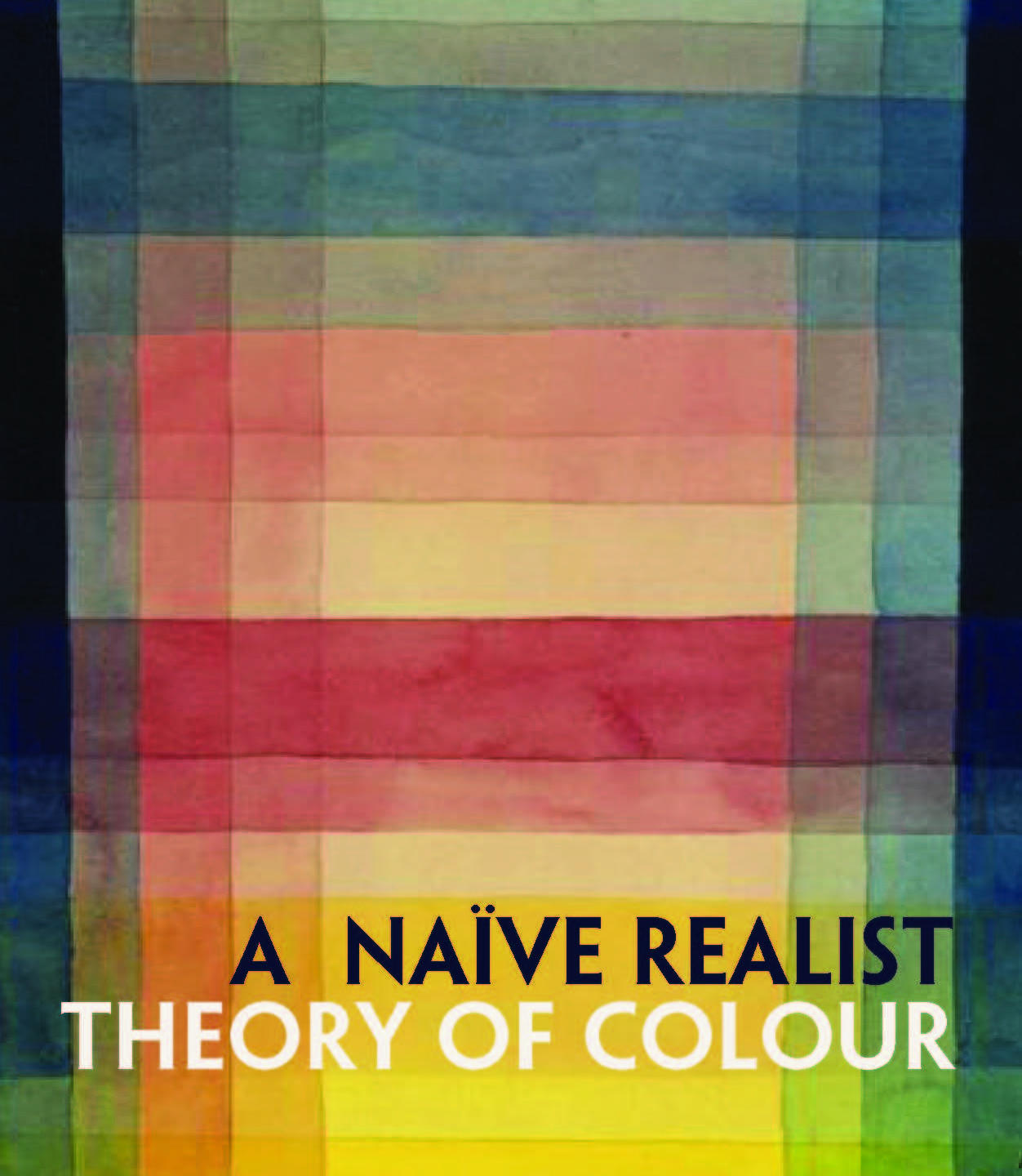Symposium on Fischer et. al. ‘Experimental Ordinary Language Philosophy’
In ‘Experimental ordinary language philosophy: a cross-linguistic investigation of default inferences’, (Synthese, 2019) Eugen Fischer, Paul Engelhard, Joachim Horvath and Hiroshi Ohtani seek to take experimental philosophy beyond the study of intuitions and highlight links to one of its historical precursors. They show how experimental methods and findings from psycholinguistics …






